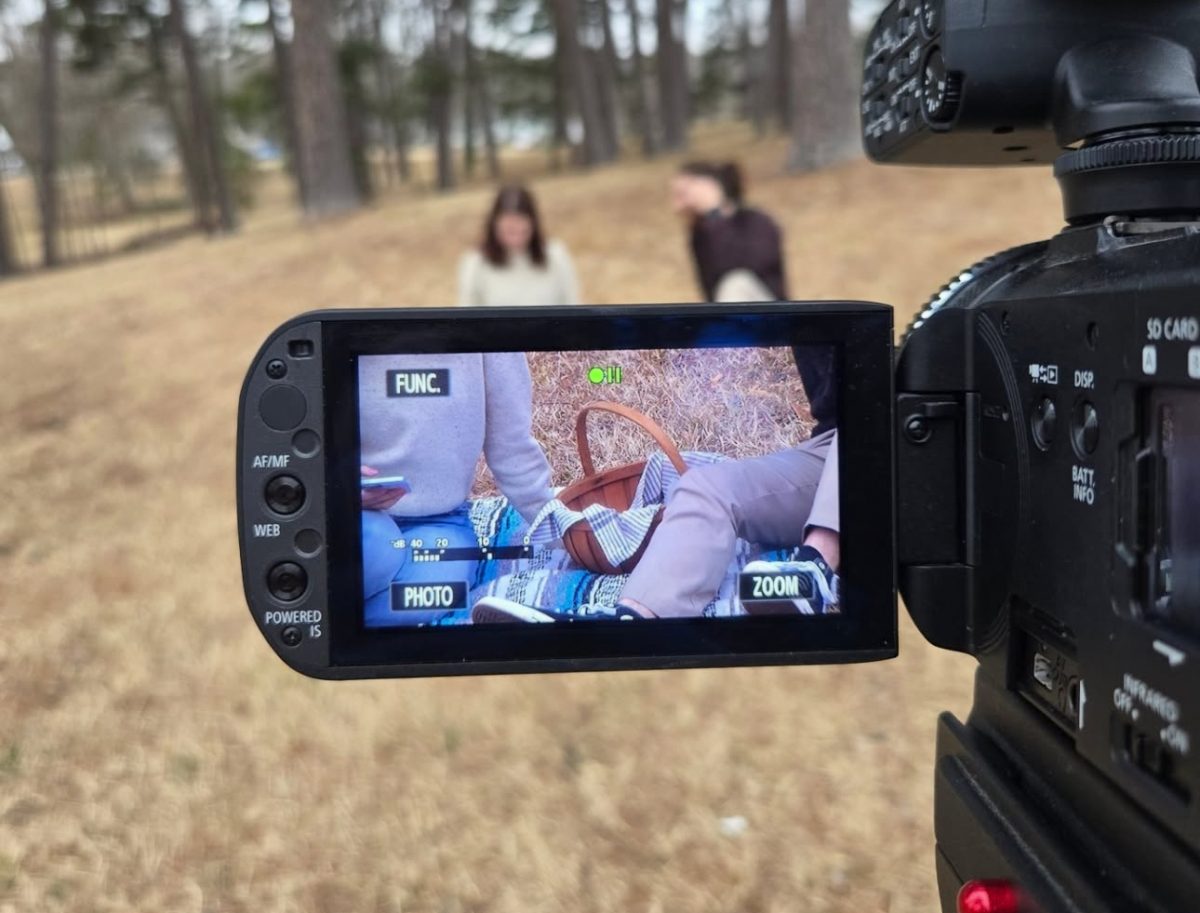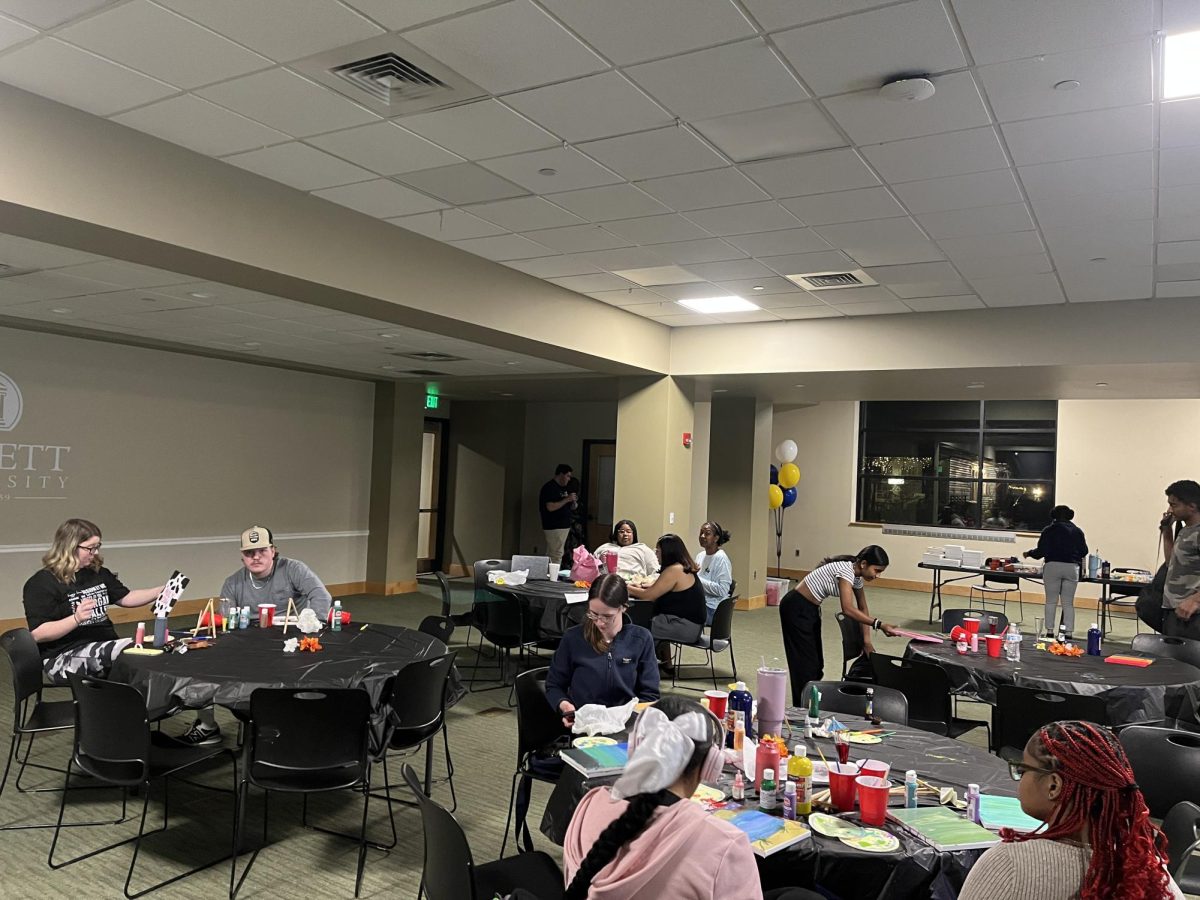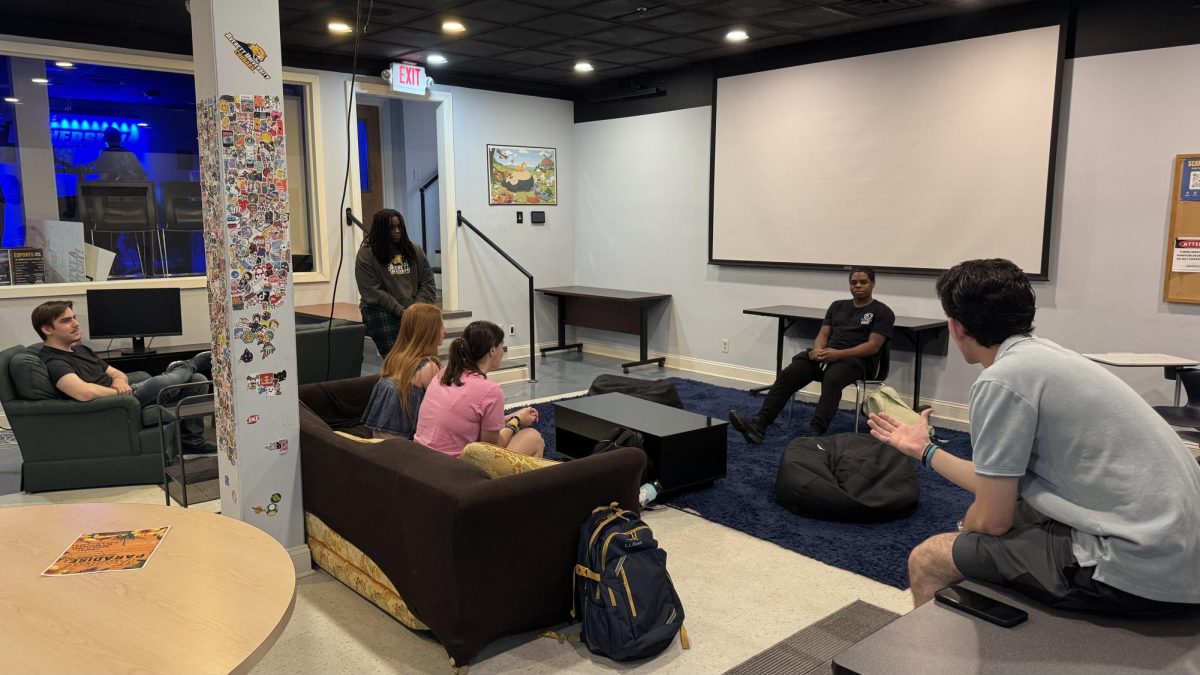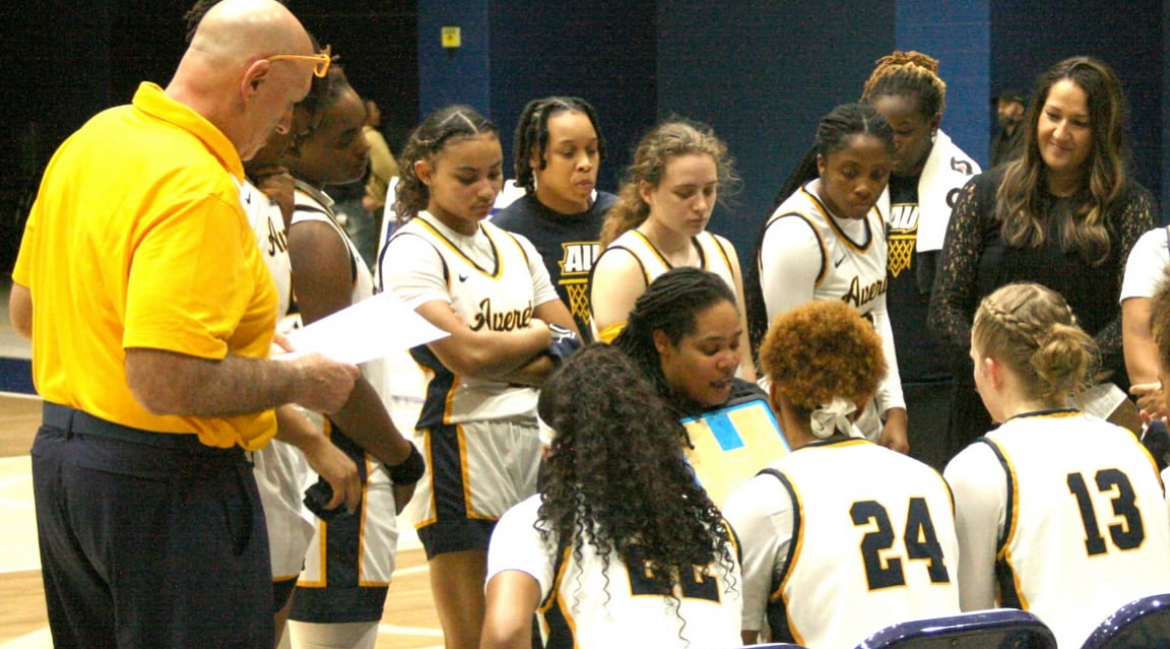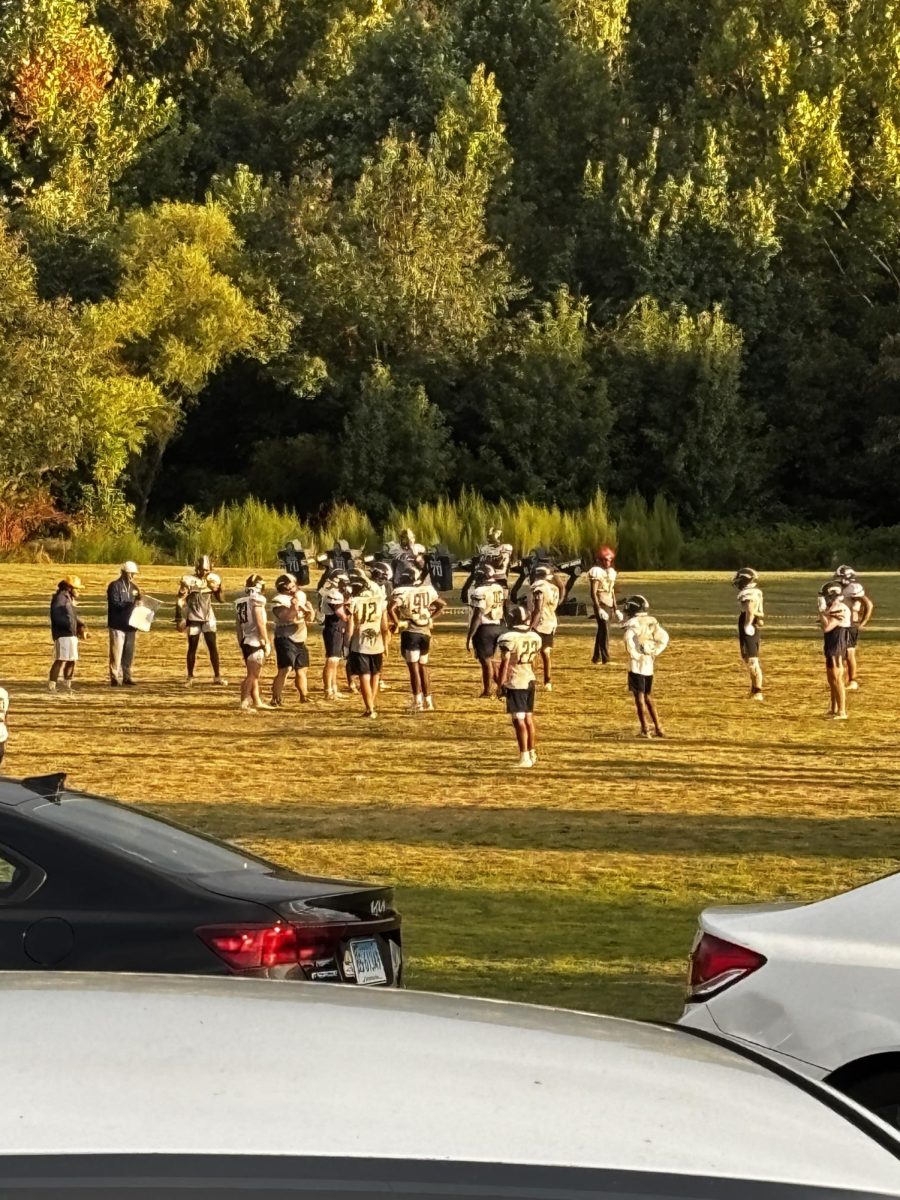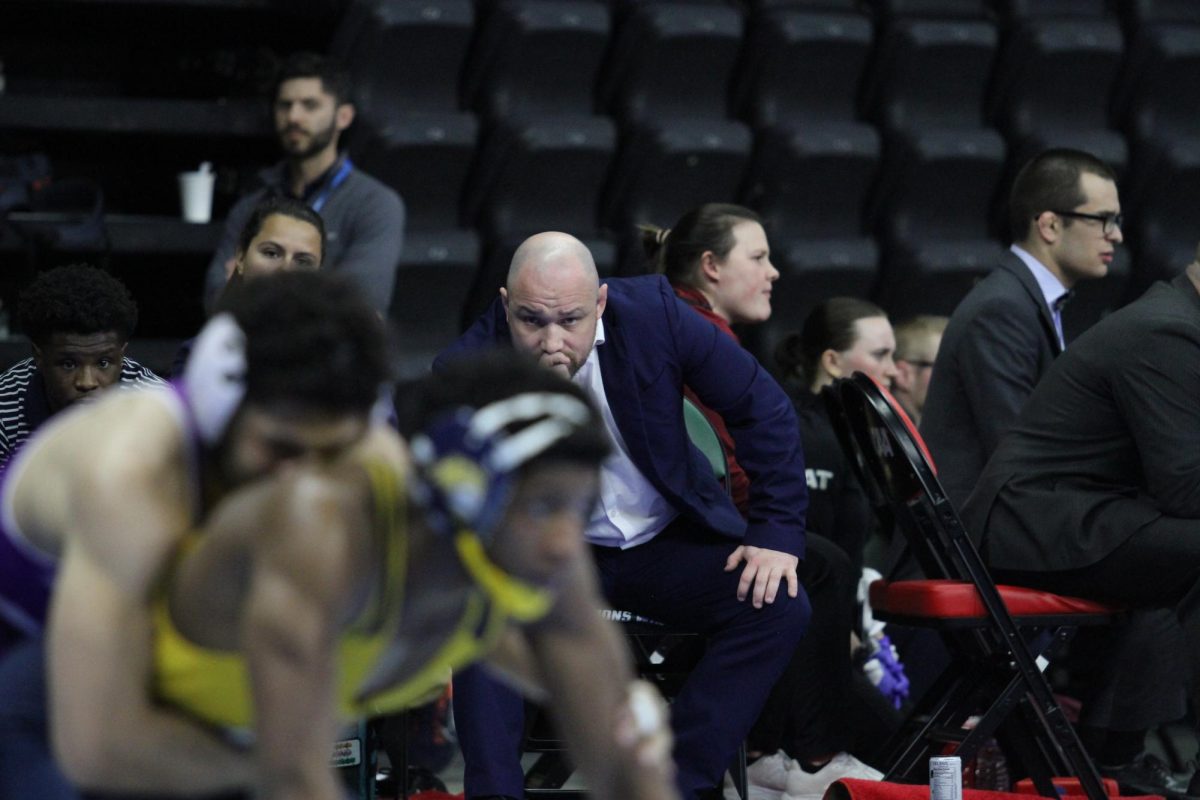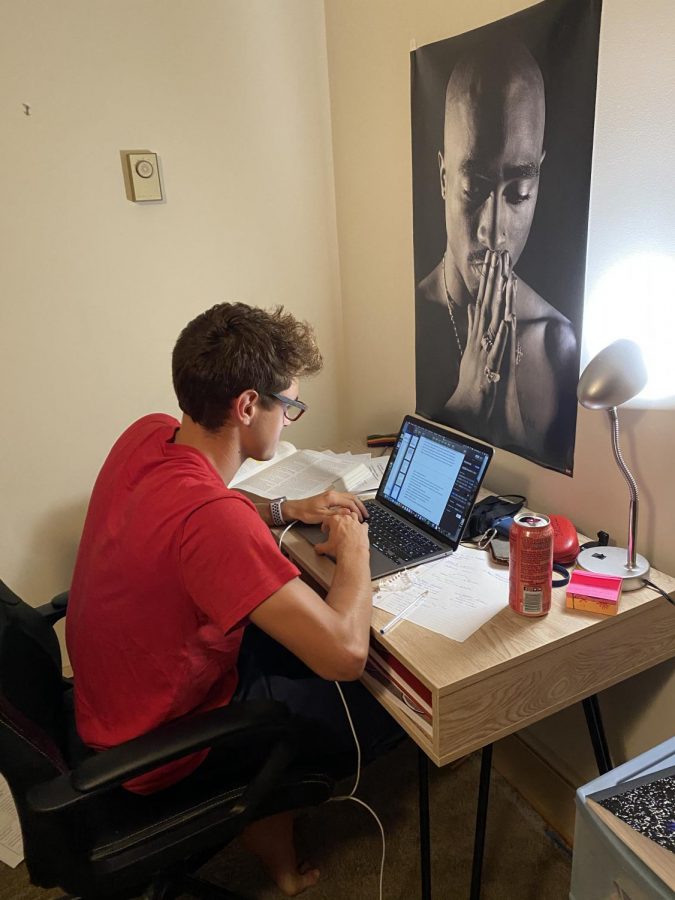Is Online Learning a Convenience or Nuisance?
Junior student Lluc Pou working on his online assignments.
October 8, 2020
As we all know the end of the 2020 spring semester was moved online due to COVID-19. Unfortunately, seven months later this virus is still affecting our everyday life. Understandably, this has impacted in-person classes as well as the opportunity for students and faculty to reunite at Averett University. This has led to a major adjustment in how we go about our day and has set its mark on our education and journey to graduation.
For some it meant they could not even return to the United States to study.
“There were 11 incoming international students that could not secure their student visa’s in order to be on campus this semester,” Joel Nester, director of admissions & international counselor, said.
Luckily, Averett has been able to reopen and go about a somewhat normal procedure when it comes to classes. In this fall 2020 semester, we are currently dealing with attending classes in a hybrid-modeled format, which involves online classes as well as some in-person classes. However, this format suits some professors and students better than others. The debate running around online classes is currently a very hot topic as it sparks mixed opinions. Some find this format to be convenient, while others find it to be a nuisance.
“I would love to teach more online,” psychology professor Dr. Katlin Hecox said. “Oddly enough, I get to know students better because they must do assignments and not be passive in a classroom. I’d like more peer interaction but technical issues can complicate the situation.”
As a few months have gone by, students and professors are starting to perfect the usage of the web-based learning management system CANVAS. Opinions on this way of learning were formed by some as early as March as we had a taste of it at the end of the spring 2020 semester.
“Personally, I really like the remote learning as I am working more effectively from home,” Patrick Miller, a junior majoring in political science, said. “However, it can be hard to stay motivated and organized at times as you have to keep yourself accountable and to a higher standard now that most classes go through CANVAS.”
On one hand, some find this way of learning extremely convenient and comfortable as you can work from anywhere in the world as long as you have access to the internet. The option to go fully remote, as there is a pandemic going on, can be a relief for some as they can stay where they feel safe. Moreover, this solution is perfect for students living far away as traveling has been uncertain as of late, which makes it more appealing to stay home close to their loved ones during this difficult time.
“Sometimes I find online learning hard because it is my first time practicing it. However, I am adapting to this new life until I can arrive at Averett,” Augus Jaraba, a freshman from Argentina and an accounting majoring, said.
Another positive with online learning which is surfaced often is the availability of the class material. Now that most classes are recorded and posted on CANVAS, students have access to important information whenever they seek it. For students who struggle with short attention spans,the posting of online material is extremely beneficial and aids studying. Some feel this availability should continue even when COVID restrictions end.
On the other hand, online learning can be seen as a nuisance as some people prefer the traditional ways of learning. People may find it hard to stay motivated since the way we go about education as of late is so far from what we are used to.
“I think that the university has to improve regarding the homework reminders because assignments do not always appear in the calendar,” Jaraba said.
Moreover, it can be difficult to stay organized. CANVAS and Zoom have made this adjustment relatively easy, however, it can be complex to stay on top of every class as calendar assignments do not always appear. Students have found it difficult to identify their assignments as they may be hiding somewhere within the class courses.
One negative frequently mentioned about online learning is the technical difficulties. This is an inevitable factor that can affect the best of us whether it is internet issues, power outages, or simply confusion regarding the format we are on. This can create major stress and uncertainty.
Even faculty have had to adapt.
“Lecturing online can be challenging, as when we teach in person, we use multiple tactics to engage our students’ attention, and many of these tactics involve physical movement within the shared space of the classroom,” Dr. Joshua Sperber, assistant professor of political science and history, said. “As a result of the current situation, teaching online forces us to use different tactics. While some of these tactics can be quite useful, they still do not entirely make up for the loss of the interpersonal interaction that is arguably at the heart of education.”





